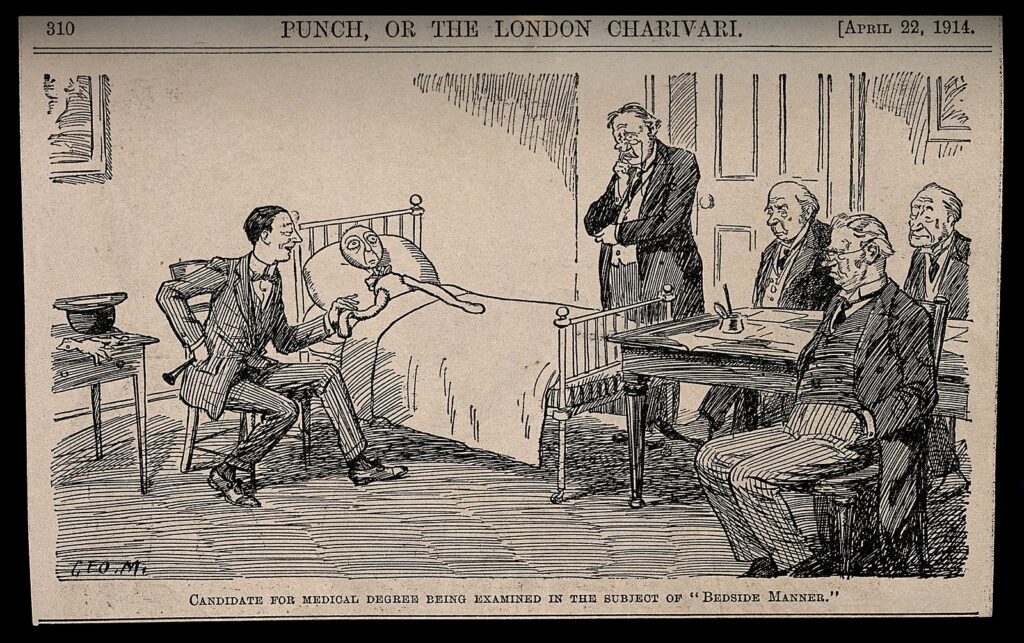Why making health care decisions is like being a CEO

I’ve advised CEOs. I’ve stood by the bedside of loved ones and helped make health care decisions. In a lot of ways, it feels like the same thing.
In both situations:
- The decisions are important and have long-lasting consequences.
- People must often make decisions when they are tired.
- Competing experts offer conflicting advice.
- It’s hard to separate gut feelings from data-based, logical analysis.
- There is never enough data. And collecting data is slow and expensive.
- You often have to explain the same things over and over to the people who are tasked to help you.
- Things are not in your control — execution of key tasks is in the hands of others.
- The “state of the art” is constantly improving, but that makes it hard to keep up with the most modern techniques and advice.
- Decisions often lead to other decisions, just as crucial, in short order.
- Situations are often based on habits over a very long period of time, habits that abate even after the crisis is past.
- The penalty for poor decisions can be existential.
- In some situations the choices are all bad — but you still need to choose the least bad option.
- If something goes wrong, even if it’s not based on what you decided, others will blame you.
Of course, things are not the same. CEOs assemble their teams themselves, of people they can trust and count on. In health situations, the team is often assembled ad-hoc and is not made up completely of trusted, familiar people.
CEOs have enormous resources. Families often have none.
CEOs have experience that has enabled them to become good decision-makers. Families typically don’t.
Of course, people in medical situations have love, which can make things more complicated, but ultimately more tolerable. CEOs rarely have that.
This just makes me wonder if we could take lessons from management in family health care. I’d love to hear your ideas.
Interesting parallels. I can’t say from direct experience. But my guess is that CEOs are better at handling the decison-making when confronted with big health care decisions. But that they are worse at communicating those decisions to loved ones in a way that brings everyone along. Which seems ironic. But I would guess those same CEOs are also bad at bringing everyone along in the work atmosphere, as well. It’s something that CEOs need to do well, but perhaps often do not.
This is really fascinating. I’ve gone through some serious health stuff with my spouse, all while running a company, and it hits home. Especially the part about all bad decisions – also adding that sometimes you can’t do anything, and it’s waiting, getting information in either floods or drizzles. So much hurry up and wait – and recognizing moments to intervene and act, and when to just sit. And so much emotion. Thanks for this.
Yep, a lot of similarities. Of course, we’d expect that a CEO got the job exactly because they are good at making decisions under those difficult conditions. The layperson isn’t, but probably the head of whatever department at the hospital is.
Good set of parallels. One thing that helps in both situations is forethought: thinking about, and of course talking about, core values and how those values will guide the family”s, or the company’s, decisions when the time comes.
It’s not foolproof, of course. Life will dish up things that are totally unexpected, no matter how much you prepare. But if it brings a little extra clarity to the situation, that counts for a lot.